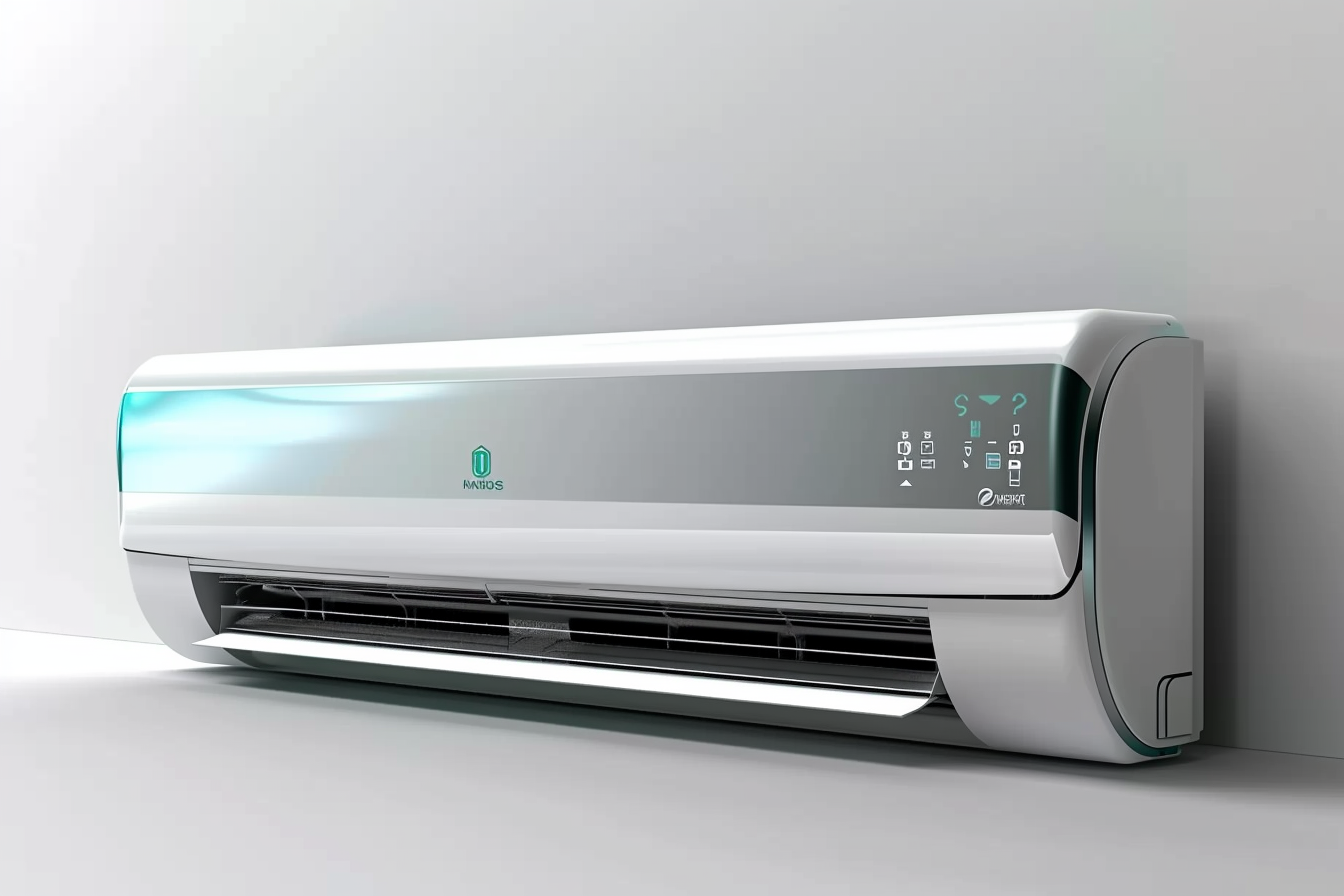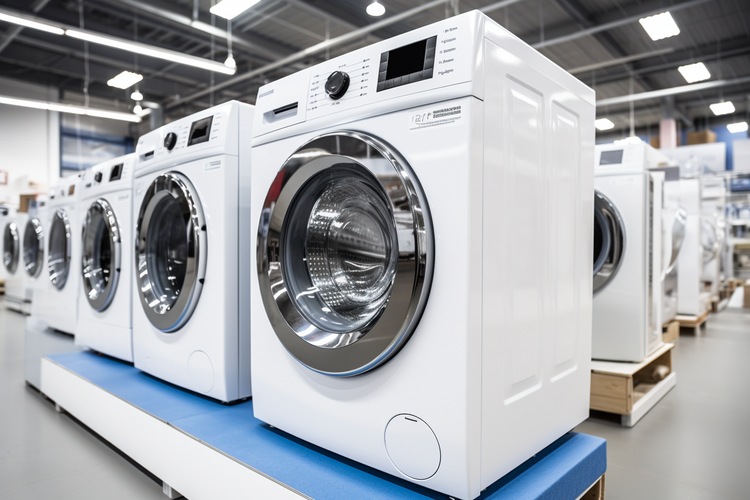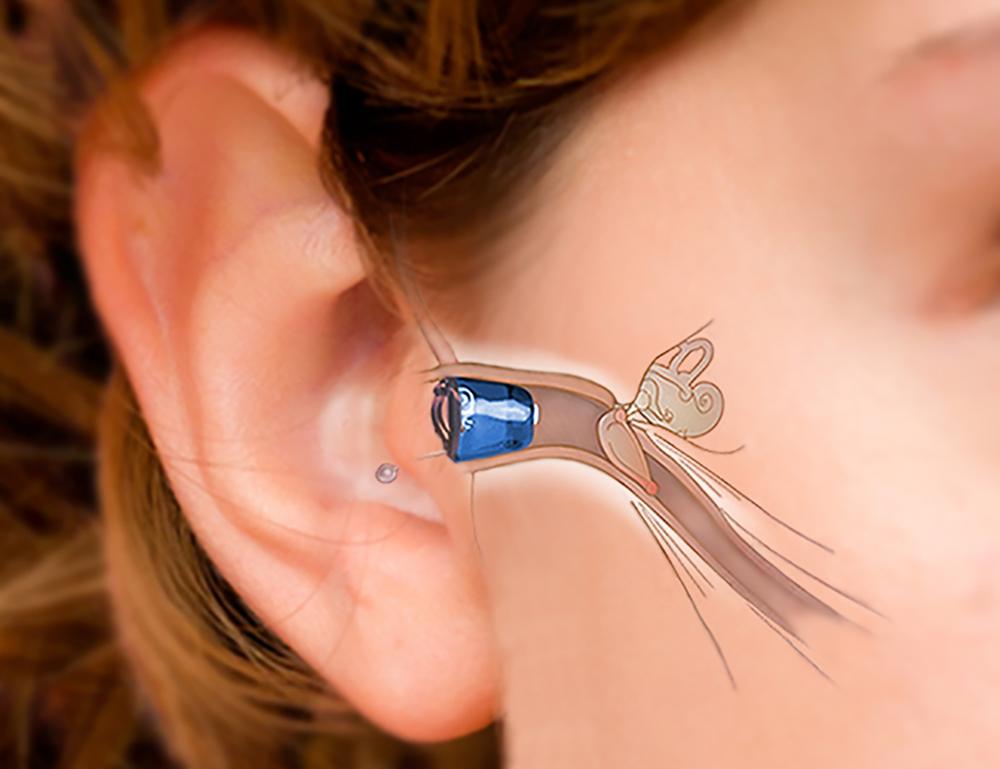Discovering the Health Impact of Clean Air: A Deeper Look
Imagine living in a world where every breath you take significantly contributes to your well-being. If this sounds surprising, you may need to rethink the importance of air quality in your overall health. This article will delve into the unexplored realm of clean air's health impacts, shedding light on its vital role in our wellness journey.

Clean air, a seemingly simple concept, has profound implications for human health. Historically, ancient civilizations were aware of the air’s therapeutic potential. The Greeks coined the term “aerotherapy,” believing in the healing power of clean, fresh air. However, only recently has scientific research begun to unravel the true depth of its influence.
The Science of Clean Air and Health
Environmental health studies over the past few decades have found firm evidence that clean air enhances our well-being. Reduced exposure to pollutants can minimize the risk of respiratory diseases, cardiovascular disorders, and even mental health issues.
The World Health Organization (WHO) has constantly emphasized the importance of reducing air pollution to prevent chronic diseases. In fact, research suggests that long-term exposure to polluted air can shorten life expectancy more than high cholesterol, obesity, or even smoking.
The Clean Air Lifestyle Trend
As awareness of air quality’s health implications spreads, people worldwide are making conscious lifestyle changes. The trend of maintaining indoor plants for natural air purification, for instance, has surged in popularity. Likewise, air purifiers have become a common household appliance, reflecting the growing importance of clean air in our health-conscious society.
The Reality of Clean Air Practices
While it’s ideal to always breathe clean air, it’s not as simple as it may seem. Urban dwellers often grapple with pollution, while indoor environments can harbour pollutants like VOCs (Volatile Organic Compounds). However, adopting certain practices can mitigate these challenges.
Installing air purifiers, maintaining indoor greenery, and regularly monitoring air quality can help. More importantly, advocating for environmental policies that prioritize clean air is essential. After all, clean air is not just a personal health matter—it’s a public health issue.
Every piece of advice shared here is backed by robust scientific studies, reinforcing the credibility of the clean air practice. However, it’s vital to understand that while clean air significantly enhances health, it is just one piece of the wellness puzzle.
Breathe Easier with These Clean Air Tips
- Air Monitoring Gadgets: Use indoor air quality monitors to keep a check on pollutant levels.
- Natural Air Purifiers: Indoor plants like Spider Plant, Snake Plant, and Boston Fern are natural air purifiers.
- Proper Ventilation: Ensure your living space is well-ventilated to prevent buildup of indoor pollutants.
- Smoke-Free Environment: Avoid smoking indoors to maintain clean air.
- Advocate for Clean Air: Participate in local and global initiatives advocating for cleaner air.
In essence, clean air has a profound impact on our health, affecting everything from our physical well-being to mental health. By making conscious choices and advocating for cleaner air, we can breathe easier and live healthier. As we continue to unravel the full extent of clean air’s health benefits, one thing is clear: every breath we take matters. So, here’s to breathing cleaner, fresher air—for our health, our well-being, and our planet.




